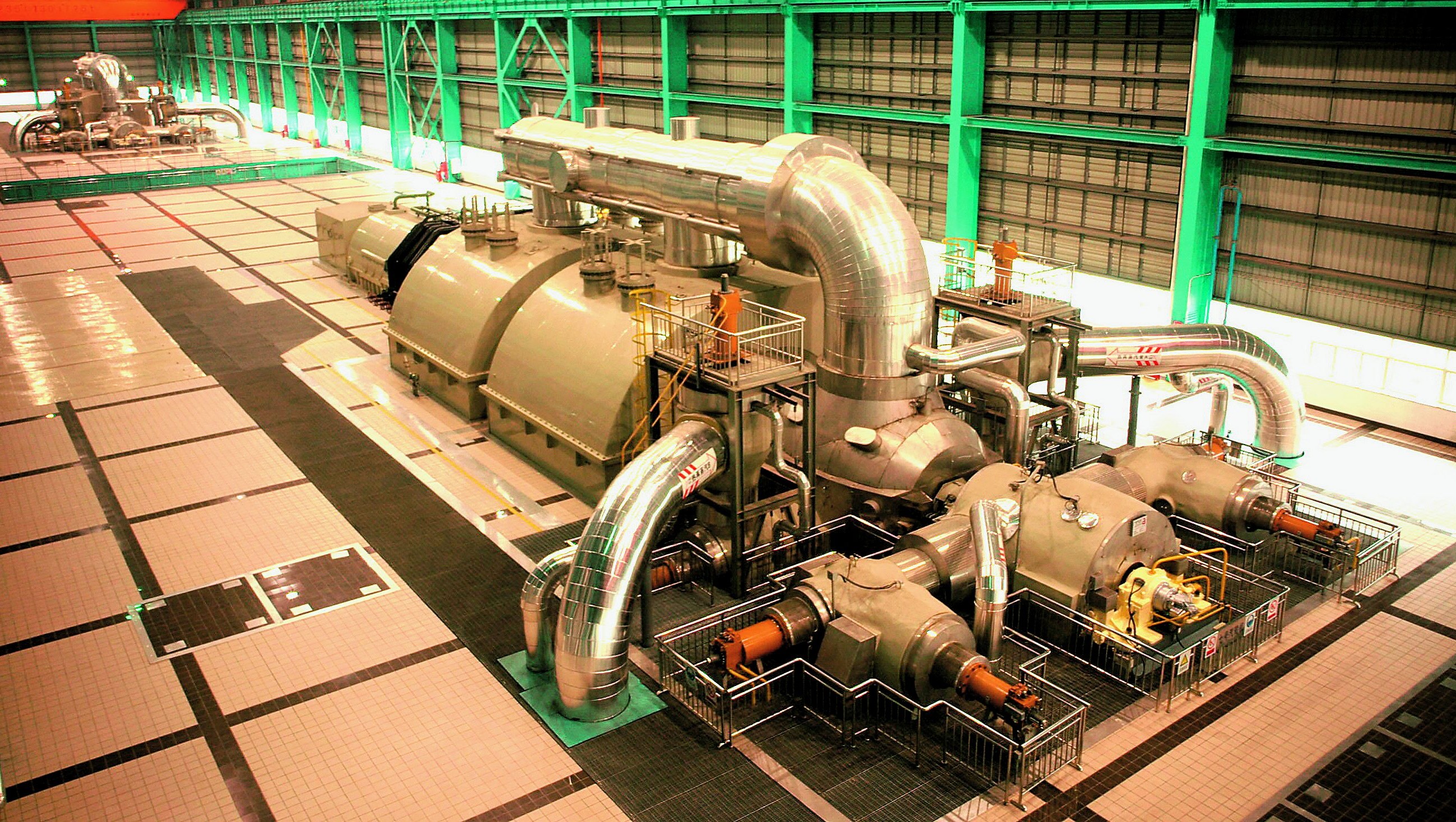Course Details
Your Growth, Our Mission

Course Description
The Training Course Will Highlight ?
This course will cover the operating principles of steam turbines, specifications, their design, thermodynamics, effects of efficiency on operating costs, energy usage, effect on plant costs, special materials of construction, selection, troubleshooting, and maintenance.
The course will also cover plant run-length extension surveys, organizing for successful turnarounds and ongoing reliability improvement, and preventive vs. predictive maintenance strategy decisions.
The course will provide the participant with a basic, as well as advanced, steam turbine technology inventory required to successfully select, apply, troubleshoot, and maintain steam turbine equipment.
Training Objective
This course will cover the operating principles of steam turbines, specifications, their design, thermodynamics, effects of efficiency on operating costs, energy usage, effect on plant costs, special materials of construction, selection, troubleshooting, and maintenance.
The course will also cover plant run-length extension surveys, organizing for successful turnarounds and ongoing reliability improvement, and preventive vs. predictive maintenance strategy decisions.
The course will provide the participant with a basic, as well as advanced, steam turbine technology inventory required to successfully select, apply, troubleshoot, and maintain steam turbine equipment.
Target Audience
Persons in staff (senior technicians, operators, supervisors, superintendents) and corporate engineering, plant planning and design, systems design, equipment selection and evaluation, and equipment maintenance areas. Also, equipment and systems specialists in engineering contractor firms and managerial and supervisory individuals responsible for operations and maintenance functions.
The industries most directly involved with the subject matter are those producing chemicals, petrochemicals, petroleum products, natural gases, manufacturing gases, steel and other metals, and plants requiring process refrigeration. Throughout the course, participants will have ample opportunity to have equipment-related questions answered by the instructor.
Training Methods
Daily Agenda
Module 1
- Steam Turbines
- Operating Principles, Impulse Turbines, Reaction Turbines, Application Ranges, Configurations, Application Constraints
- Turbine Components
- Turbine Rotors, Blading, Diaphragms, Nozzles, Steam Chests, Glands and Gland Systems, Bearings, Balancing, Rotor Dynamics, Governing Systems, Lube Oil Management
Module 2
- Overview of Selection and Sizing of Steam Turbines for Reliability
- Thermodynamics, Steam (Water) Rates, Condensing and Backpressure Turbines, Single and Multistage Types, Process Considerations
- Operation and Maintenance of Steam Turbines
- Commissioning, Start-Up, Run-In and Shut-Down, Surveillance and Health Monitoring, Performance Measurement, Monitoring and Tracking, Steam Turbine Washing, Steam Turbine Inspection, Maintenance, Overhaul and Repair (IMO&R)
Module 3
- Basic Approaches to Machinery Troubleshooting
- Examples from Recent Failure Incidents Attributed to Design Defects, Processing and Manufacturing Deficiencies, Assembly Errors, Off-Design or Unintended Service Conditions, Maintenance Deficiencies, etc.
- Predictive vs. Preventive Maintenance Techniques
- Determination of Which Method to Use
- Machinery Reliability Audits and Reviews
- Overview, Reliability Impact on Plants
- Possible Modifications
- Life extension, rerating and uprating, and revamp efforts of mechanical drive steam turbines (20 to 100,000 HP)
Accreditation
BTS attendance certificate will be issued to all attendees completing minimum of 80% of the total course duration.
Quick Enquiry
Request Info
Related Courses
Your Growth, Our Mission

